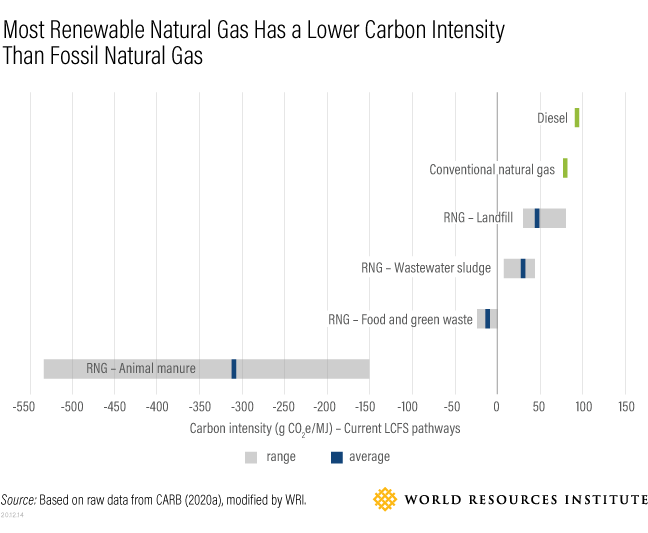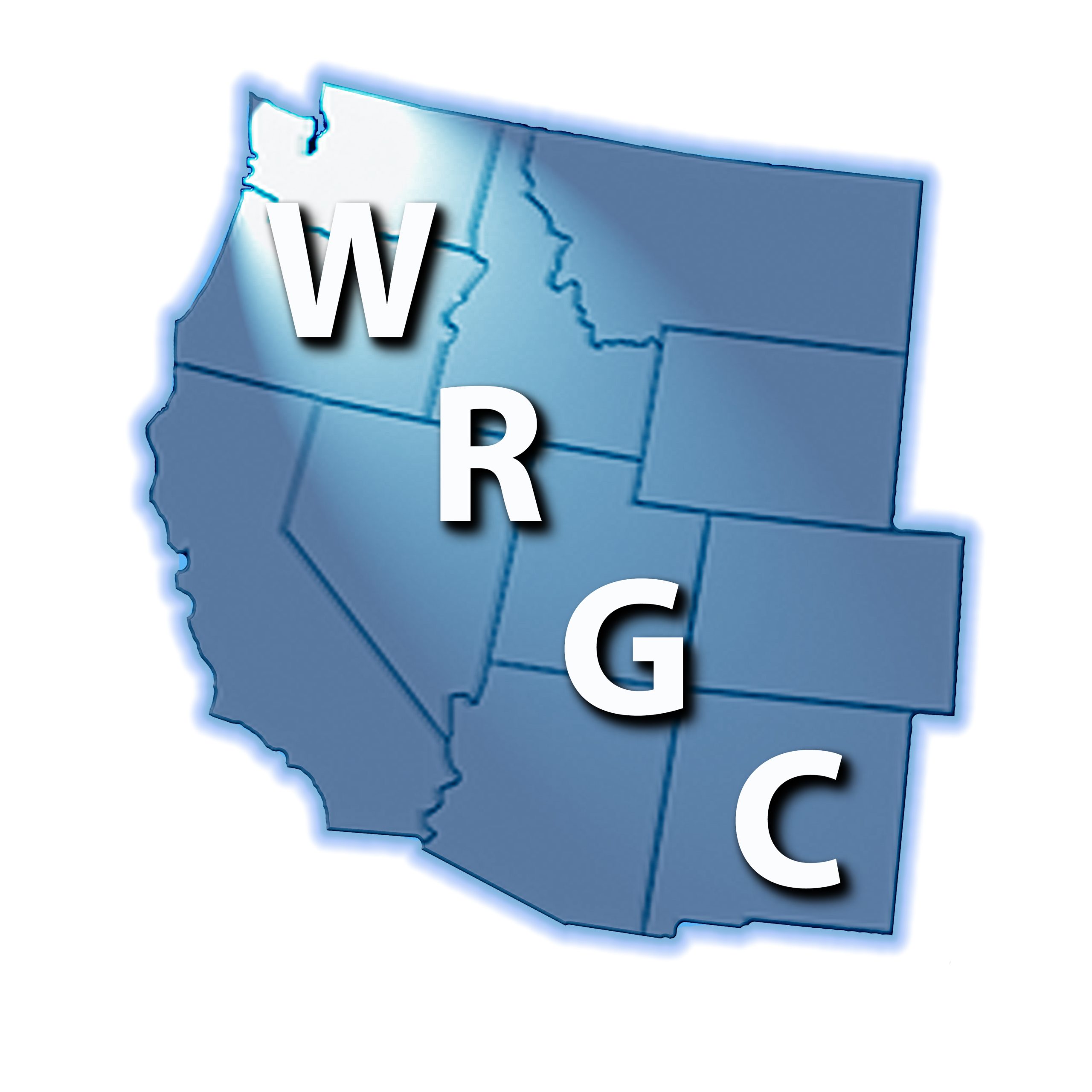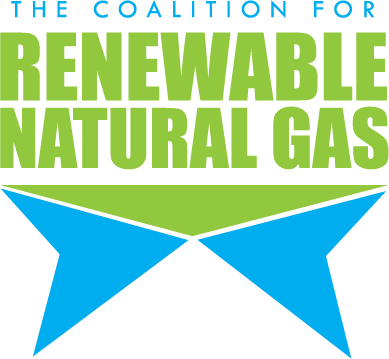Is Renewable Natural Gas Environmentally Friendly?
Is renewable natural gas environmentally friendly? To put it simply, renewable natural gas (RNG) is not a fossil fuel. RNG never spent millions of years underground. Instead, RNG is an ultra-clean and ultra-low-carbon natural gas alternative made from the methane that is captured when organic waste from food scraps, animal manure and sewage is broken down, captured and refined.
Chemically, RNG is almost identical to geologic, or fossil, natural gas. Coal, crude oil and natural gas are all considered fossil fuels because they were formed from the buried remains of animals and plants that lived millions of years ago. RNG comes from the management of common, everyday waste like landfills, dairies, wastewater treatment and many other sources. No drilling required.
RNG, also known as biomethane, is pipeline quality gas that is fully interchangeable with geologic natural gas for generating electricity, heating homes, cooking, and, arguably the most important use, as a transportation fuel. It can play a key role in the medium- and heavy-duty transportation sectors by generating immediate air quality benefits.
RNG has the lowest carbon intensity rating of key transportation fuels when comparing the well-to-wheels greenhouse gas (GHGs) emissions of various fuels in heavy-duty trucking applications. Based on the California Air Resources Board’s carbon intensities, RNG can reduce GHG emissions by 40 to 125% or more, depending on the renewable feedstock used to produce it.
Environmental Benefits of Renewable Natural Gas
- RNG helps reduce GHG emissions by reducing the amount of conventional natural gas needed.
- Emissions are reduced when methane (CH4) is captured and repurposed as RNG, rather than being released directly into the atmosphere.
- RNG can also help reduce GHG emissions in the transportation sector.
MRR can provide the odorant you need to odorize your RNG. Our team offers transfer services so that your company can rest assured that your tanks are filled safely and incident free. Learn more about our services on our renewable natural gas page.






